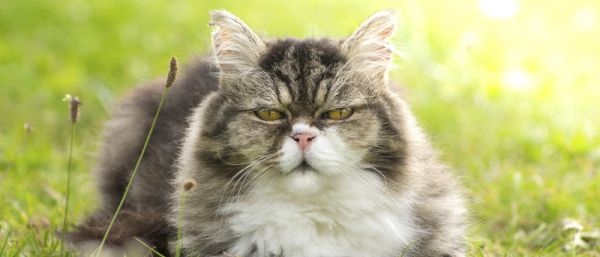|
The thought might not have even crossed your mind … but could your pet be starting to show his age?
Most people are not aware that cats and dogs are generally considered ‘senior’ after the age of about 8 years. Whilst the majority of our furry friends are well off showing ANY signs of slowing down at this age, there are a few things you need to watch out for.
Obvious changes might include grey hairs around the muzzle, the occasional accident around the house, hearing loss or stiff legs. Beyond the changes you can see, there can be a slowing metabolism and changing nutritional requirements.
So if you have a senior pet, it's important to arrange more regular check ups with us. We will watch for trends in your pet's weight, check they don't have sore joints and examine them for new lumps or bumps. A thorough dental check, eye check and heart check is also important for a senior pet.
We may also suggest blood tests, urine tests and blood pressure measurements to make sure that, internally, all is going along nicely.
If you have a senior pet call us and arrange a check up today - we can help your pet live a longer and healthier life.
|
